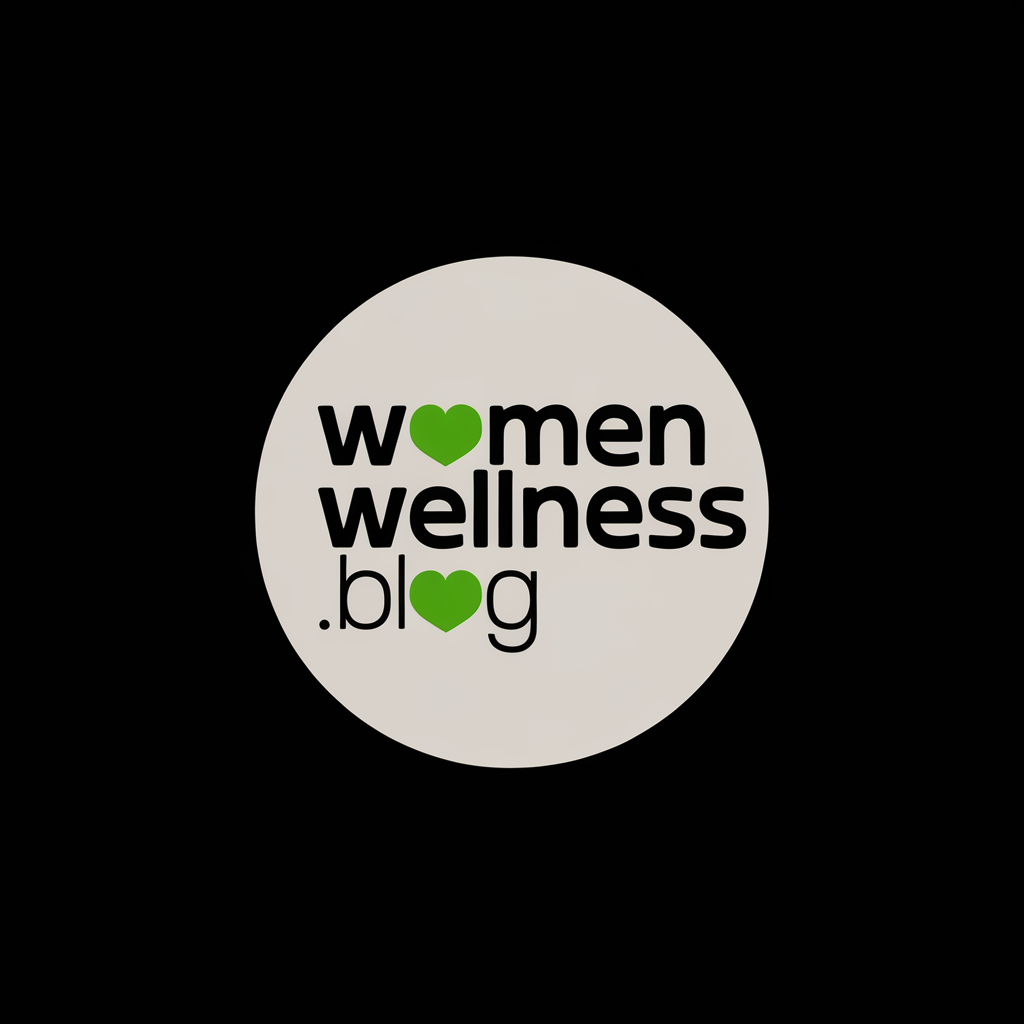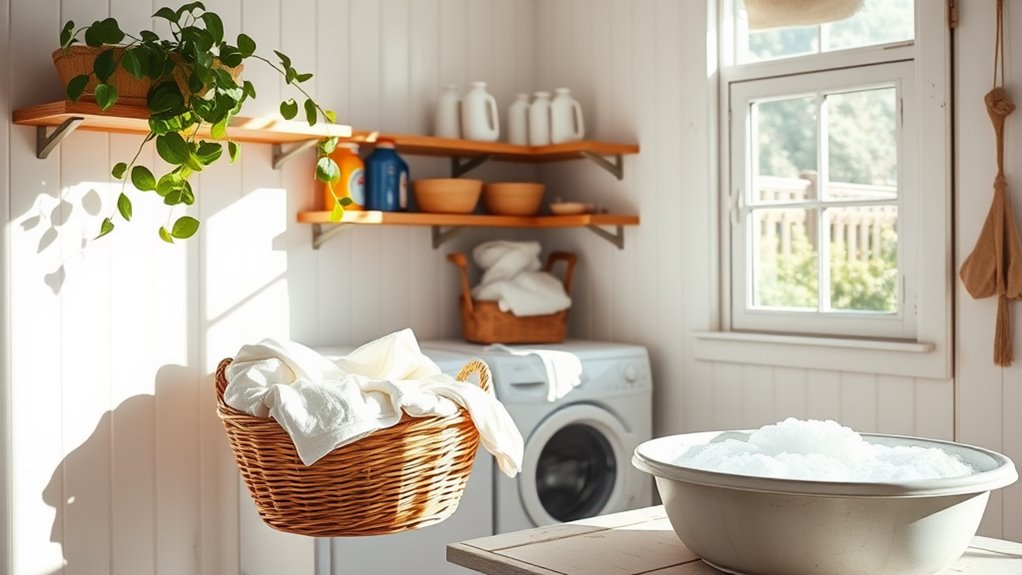Switching to Non-Toxic Laundry Was Easier Than I Thought
Did you know that many conventional laundry detergents contain harmful chemicals that can irritate skin and harm the environment? Switching to non-toxic options doesn’t have to be a daunting task. With just a few simple changes, you can protect your family’s health and contribute to a cleaner planet. Curious about how easy it can be to make this transition? Let’s explore the steps that can lead to a healthier laundry routine.
Key Takeaways
- Researching non-toxic brands revealed effective options like Seventh Generation and Ecover that avoid harmful chemicals.
- DIY solutions using baking soda and vinegar made transitioning to non-toxic laundry easy and cost-effective.
- Gradually replacing one product at a time reduced overwhelm and simplified the switch to safer alternatives.
- Reading labels helped me avoid phosphates and synthetic fragrances, ensuring healthier choices for my family.
- Joining online communities provided support and recommendations, making the transition smoother and more informed.
Understanding the Importance of Non-Toxic Laundry
Have you ever wondered what’s really in your laundry detergent?
Switching to non-toxic laundry products can significantly impact your health and the environment.
Conventional detergents often contain harsh chemicals that may irritate your skin and release harmful substances into the water supply.
By choosing non-toxic options, you’re not just protecting your family from allergens and toxins, but you’re also contributing to a cleaner planet.
Non-toxic laundry solutions are effective, eco-friendly, and safer for your little ones and pets. Additionally, many of these products are made from plant-based ingredients, further reducing your ecological footprint.
Embrace the change and enjoy fresher, cleaner clothes without compromising your well-being or the environment.
Your health matters—make the switch!
Assessing Your Current Laundry Products
To make informed choices about your laundry routine, start by examining the products you currently use.
It’s essential to know what’s in your detergent and fabric softeners.
Here’s how to assess your laundry products:
- Check the Labels: Look for harmful chemicals, such as phosphates and synthetic fragrances.
- Research Ingredients: Identify any allergens or toxic substances that could affect your health or the environment.
- Evaluate Performance: Consider if your products effectively clean your clothes without excessive wear or fading. Additionally, switching to non-toxic cleaners can promote a healthier home environment, making your laundry routine not only safer but also more eco-friendly.
Researching Non-Toxic Alternatives
How can you ensure your laundry routine is both effective and eco-friendly?
Start by researching non-toxic alternatives to traditional detergents.
Look for brands that disclose their ingredients and avoid harmful chemicals like phosphates and synthetic fragrances.
Read reviews and join online communities focused on eco-friendly living to discover personal recommendations.
Don’t overlook the power of natural ingredients like baking soda or vinegar; they’re often just as effective. Additionally, consider creating your own homemade cleaners using simple recipes that harness the cleaning power of natural ingredients.
By selecting safer options, you’re not only protecting your family’s health but also reducing your environmental impact.
Make the switch today, and you’ll be glad you did!
Easy DIY Laundry Solutions
Here are three easy DIY laundry solutions you can whip up:
- Baking Soda Boost: Add half a cup of baking soda to your wash for brighter colors and fresher smells.
- Vinegar Rinse: Use one cup of white vinegar as a fabric softener alternative; it’ll soften clothes and reduce static.
- Essential Oil Freshener: Mix your favorite essential oil with water in a spray bottle and spritz your laundry before drying for a lovely scent.
Additionally, incorporating baking soda scrubs into your laundry routine can enhance cleaning power and tackle stubborn stains.
Try these out, and you’ll love the results!
Transitioning Gradually to Non-Toxic Options
Making your own laundry solutions is a fantastic first step towards a healthier home, but if you’re looking to further enhance your laundry routine, consider gradually incorporating non-toxic options.
Start by replacing one product at a time, like your detergent or fabric softener, with a non-toxic alternative.
Explore natural ingredients such as baking soda, vinegar, or essential oils.
This slow transition not only helps you adjust to new products but also allows you to assess their effectiveness.
Plus, you’ll save money by using simple, everyday items. Additionally, you can create an easy natural bathroom cleaner using similar ingredients to keep your home truly toxin-free.
Benefits of Non-Toxic Laundry Practices
Switching to non-toxic laundry practices isn’t just good for the planet; it’s great for your family’s health too.
By opting for safer alternatives, you significantly reduce your exposure to harmful chemicals while also contributing to a cleaner environment.
Plus, many of these eco-friendly options can be surprisingly cost-effective, making it a win-win for both you and your wallet. Additionally, these eco swaps can lead to long-term cost savings, helping you save money over time while making a positive impact.
Healthier for Families
How can you ensure a safer environment for your family during laundry day?
Switching to non-toxic laundry practices can make a significant difference.
Here are three key benefits:
- Reduced Chemical Exposure: Non-toxic detergents eliminate harmful chemicals, protecting your family’s skin and respiratory health.
- Safer for Children: Kids are naturally curious and often touch or ingest items with residues. Non-toxic products minimize this risk.
- Pet-Friendly: If you have pets, non-toxic options ensure their safety, too, reducing the risk of harmful reactions from chemicals.
Making this switch isn’t just good for your laundry—it’s a step towards a healthier home.
Environmental Impact Reduction
What if your laundry routine could help protect the planet?
By switching to non-toxic laundry products, you reduce harmful chemicals that pollute waterways and harm aquatic life.
Traditional detergents often contain phosphates and surfactants that contribute to water pollution, while eco-friendly options break down safely.
This simple change not only safeguards the environment but also promotes biodiversity in local ecosystems.
Plus, non-toxic practices often use biodegradable packaging, minimizing landfill waste.
You’ll feel good knowing your laundry habits contribute to a healthier planet, creating a cleaner, safer world for future generations.
Make the switch today and enjoy the positive impact you can create!
Cost-Effective Alternatives
Embracing non-toxic laundry practices not only benefits the environment but also your wallet.
You might be surprised at how cost-effective these alternatives can be.
Consider these options:
-
DIY Detergents: Making your own laundry detergent can save you money and reduce chemical exposure.
-
Vinegar and Baking Soda: These household staples work wonders for stain removal and deodorizing, often at a fraction of the cost of commercial products.
-
Line Drying: Skip the dryer and let your clothes air dry; it saves energy and extends the life of your garments.
Tips for Maintaining a Non-Toxic Laundry Routine
Ever wondered how simple changes can lead to a healthier laundry routine? Start by choosing non-toxic detergents and avoiding fabric softeners laden with chemicals.
Incorporate natural alternatives like vinegar or baking soda for freshness. Wash in cold water to save energy and protect your fabrics.
Don’t overload your machine; this ensures effective cleaning and reduces wear. Consider air-drying your clothes to eliminate dryer sheets and save energy.
Lastly, regularly clean your washing machine to prevent buildup of residues. By following these tips, you’ll maintain a non-toxic laundry routine that’s not only better for your health but also for the environment. Additionally, using eco cleaning tips can further enhance your household’s sustainability efforts.

